Sake Koshu
Meaning of words
Ko = old; Shu = sake, alcohol; Koshu = old matured sake
Dai=great; Daikoshu=very old matured sake
For further information
there are almost no official rules concerning Koshu. the only official rule is the one from the tax office. here is the link from the Japanese tax office https://www.nta.go.jp/about/organization/sapporo/sake/02.htm
and here is the translation
9th line of the table
古酒 1年以上貯蔵した清酒。
koshu Keep the sake for more than one year.
The other rules on koshu that can be found on the internet are recommendations of association in no way are they mandatory and this is valid for most terms in sake world.
For further information, Koshu almost disappeared during the Meiji period because the tax office changed the rules of sake taxation. During the Edo period, taxes were paid at the time of sale, it seems that there was a real culture of matured sake at that time, whereas during the Meiji period sake was taxed at the time of production, thus in the year of brewing, which stopped this culture of maturation. In 1944 the rules were changed again, the reasons are not very clear (it is often with the intention of collecting more money) which allowed the sake to mature again without enormous cost and to relaunch the koshu. It should be noted that most koshu is unsold sake. It is rare for a brewery to make koshu intentionally. Today, koshu is fashionable and it is an opportunity for breweries, which could afford to stock these unsold products, to revalue them when they had little value.
-
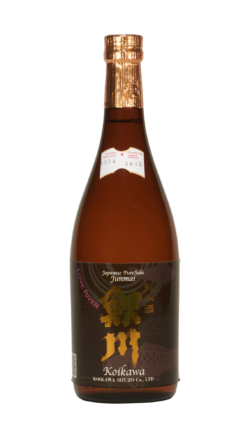
KOIKAWA Junmai
44,00 € – 81,00 € -
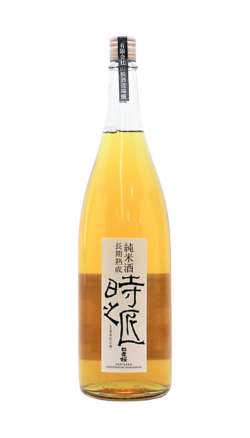
Hiokizakura Toki no Takumi Junmai Muroka Koshu
79,00 € – 158,00 € -
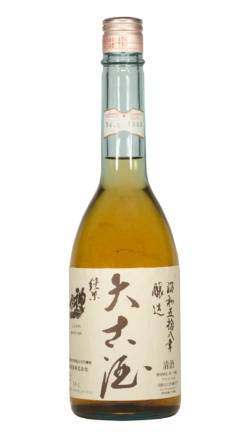
Shinkame junmai Dai koshu 1983
8.500,00 € – 12.000,00 € -
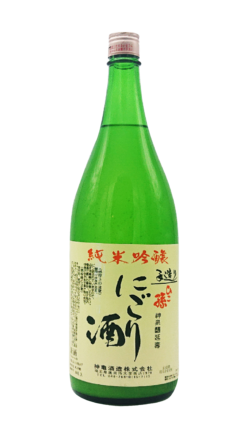
Hikomago Junmai Ginjo nama Kase nigori Sparkling Koshu
10.000,00 € -
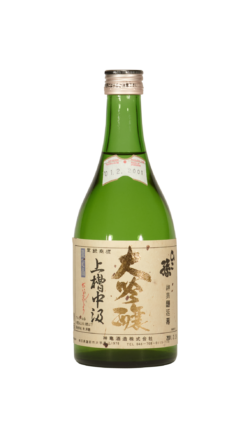
Hikomago Junmai Daiginjo
12.000,00 €
Funakuchi 2001,02,03 -
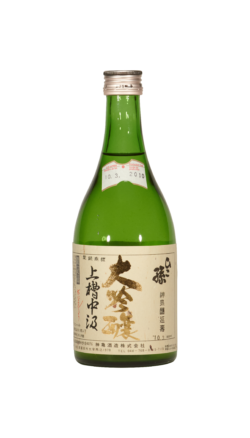
Hikomago Junmai Daiginjo
12.000,00 €
Funakuchi 2010,17 -
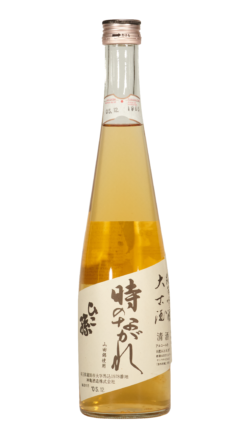
Toki no nagare junmai ginjo
17.000,00 €
Dai koshu blend 1984,85,86

